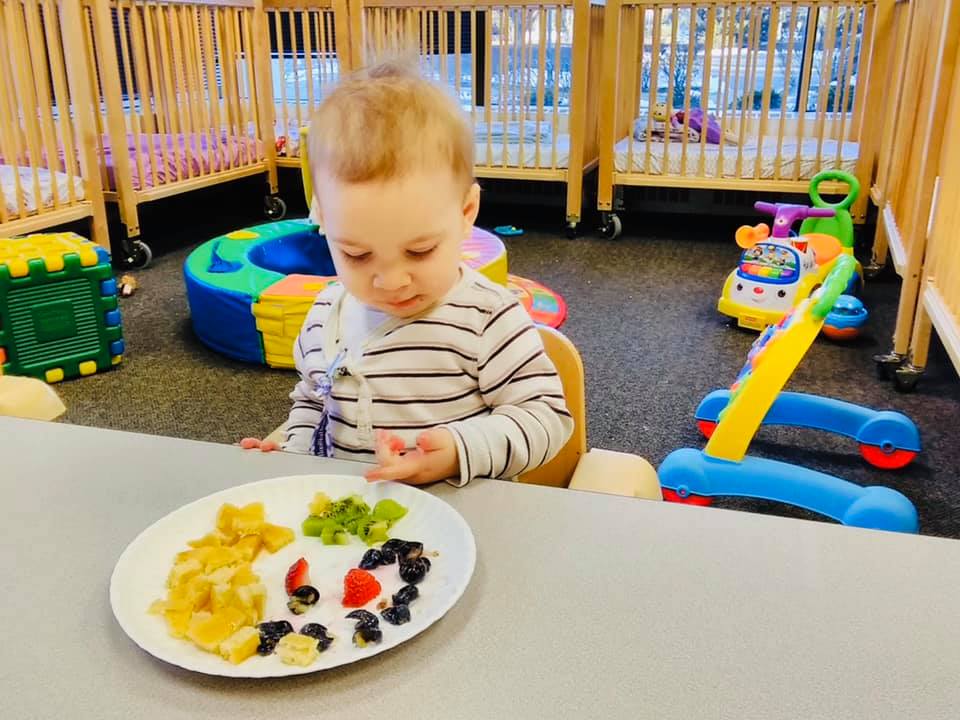Kids are energetic, unpredictable and curious. Whether they are under the care of a small in-home provider, a large daycare center or even in their own home, countless dangers are around every corner. However, one of the most common risks for children is food allergies.
Food allergies are on the rise and have been for some time. It can be frightening to see a child’s face swell and realize that they are having an allergic reaction. The reaction is a result of the body’s immune system thinks that a particular food product is harmful. When someone has a food allergy, the body reacts by releasing chemicals, including histamine, when exposed to that food. These chemicals trigger allergic symptoms which range from mild to life-threatening.
You have spent their early years protecting your child from allergy-causing foods. However, as they grow and become more sociable, you will realize how challenging it is to keep your child away from food allergies at school or camp. After all, you can’t be with your child 24/7.
If your child does have food allergies, the idea of sending them to childcare centers can make you feel scared and nervous. Therefore, it is essential to choose a child care facility that knows how to deal with food allergies and can recognize a reaction since some children don’t know how to explain what is happening to them.
What foods often cause allergic reactions?
A child can be allergic to any food. However, the most common food allergens include eggs, cow’s milk, peanuts, wheat, fish, shellfish, soy and tree nuts. Peanuts, tree nuts, shellfish, and fish are usually the most life-threatening allergies that cause severe reactions. Some schools even implement “Peanut-free” policies to avoid the grave implications of peanut exposure to peanut-allergic students.
There is still no medication to treat food allergies. All you can do is avoid the foods that trigger the allergic reaction. However, avoiding the allergen altogether is not always possible, especially when caring for young children.
You can treat mild to moderate allergic reactions, including diarrhea, eczema and hives with antihistamines or topical steroids. For severe reactions, such as loss of consciousness, shortness of breath and chest pain, inject epinephrine to keep the blood pressure up. If an epinephrine injection is necessary, but the child does not have an epi-pen take the child to an emergency room or call 911 immediately.
5 Ways to Protect Your Child from Allergic Reactions
Anyone working with young kids should know about the basics of allergic reactions. If you are entrusting your child to a childcare center, make sure that your chosen provider knows how to identify and respond to an allergic reaction. Of course we would rather there be no allergic reaction in the first place, so here are five ways to avoid an allergy trigger:
Read the label
When grocery shopping, it is essential to read the label of every product you buy, especially as a parent or a caregiver. The innocent-looking fruit roll up might have trace amounts of common allergens, so check the ingredient lists and advisory statements like “may contain peanuts” or “processed in a shellfish facility.” Moreover, if you encounter a product without an ingredient list, do not buy it – it is not worth the risk.
Make a list
If your child has food allergies, make a list of what they can and cannot eat. You can also request a letter from your child’s doctor that outlines their food allergy triggers, ways to avoid these allergens, along with medications and treatments in case of an allergic reaction. Having this handy list can be a lifesaver, especially if your child is in a childcare center.
Determine the symptoms of food allergies
Since no two people react the same way to foods, it is challenging to determine food allergies. What’s tolerable to some might be a nightmare to others. Therefore, knowing the traditional symptoms can go a long way. If your child experiences diarrhea, hives, vomiting, difficulty in breathing, swelling of the mouth, tongue or lips, or sudden blood pressure drop, it’s time to take them to the nearest doctor.
Talk to school staff
Another way to protect your child is by reaching out to the school’s administration, nurses and teachers about their condition. This should happen at the beginning of the year to ensure that everyone is on the same page and protocols are in place.
Always keep an emergency medication on hand
If your child starts having severe allergic symptoms, give them an epinephrine auto-injector right away. In addition, carrying an over-the-counter antihistamine for your kid can also help treat mild allergy symptoms. But remember that antihistamine is not a replacement for the epinephrine shot.
Taking care of kids with food allergies is a challenging responsibility. At Discovery Village Center, we make sure that every child gets the nutrition they need in a safe manner. We keep strict records of all food allergies and intolerances. If your child requires a special diet, we will work closely with you to make sure that your little one gets the nutrition they need and deserve. Call (914) 631-1009 today!

